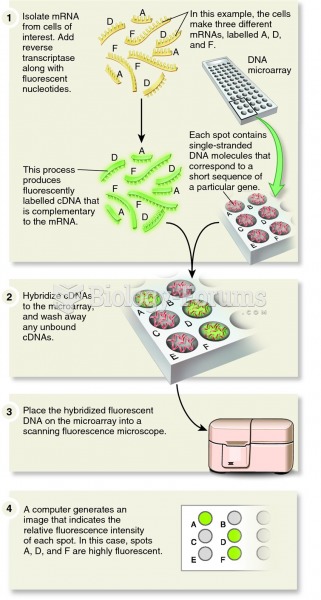Answer to Question 1
By articulating a clear and consistent purpose, leaders enhance the effectiveness of change implementation in a number of ways:
A common sense of direction and goals allows decentralized decision making
and greater autonomy over enacting that purpose.
Autonomy places decisionmaking authority in the hands of employees who
are best able to respond, and respond quickly, to a dynamic environment.
Additionally, common purpose enhances the ability of an organization to
achieve required levels of coordination and teamwork.
Leaders at operational levels can formulate strategy to help advance that
purpose and then change the strategy in response to or anticipation of a
dynamic environment.
Answer to Question 2
ective leadership shapes the behaviors of others in the organization. No
matter how talented an individual may be or what personal traits that individual
may possess, they alone will be unable to create and sustain outstanding
performance. How employees react in response to the actions of leaders will
determine the effectiveness of leadership. No individual is an effective leader
unless and until employees behave in effective ways. When an organization is
attempting transformational change, the behavior of leaders is meant to impact
changes in the behavior of others.
Leader actions that result in compliant reactions on the part of employeesfollowing orders and adhering to rules in order to achieve extrinsic rewards and/or to avoid negative consequencesfail that definition of effectiveness. Mobilizing employees involves creating an internalized commitment to achieving the new goals of the organization. Leadership behavior that creates dependency or alienation on the part of employees undermines mobilization; by definition, then, it is ineffective.
Not all behaviors resulting from the actions of leaders are equally desirable. The distinction is between leadership and the exercise of power. Formal leaders may exert a powerful influence over followers without exercising effective leadership. Powerful individuals can induce followers to take actions that may be harmful to the organization (for example, As powerful and influential as these individuals are, they are not exercising effective leadership. Leadership is effective when employee
behavior is shaped in a way that supports the long-term best interests of employees and the organization.







